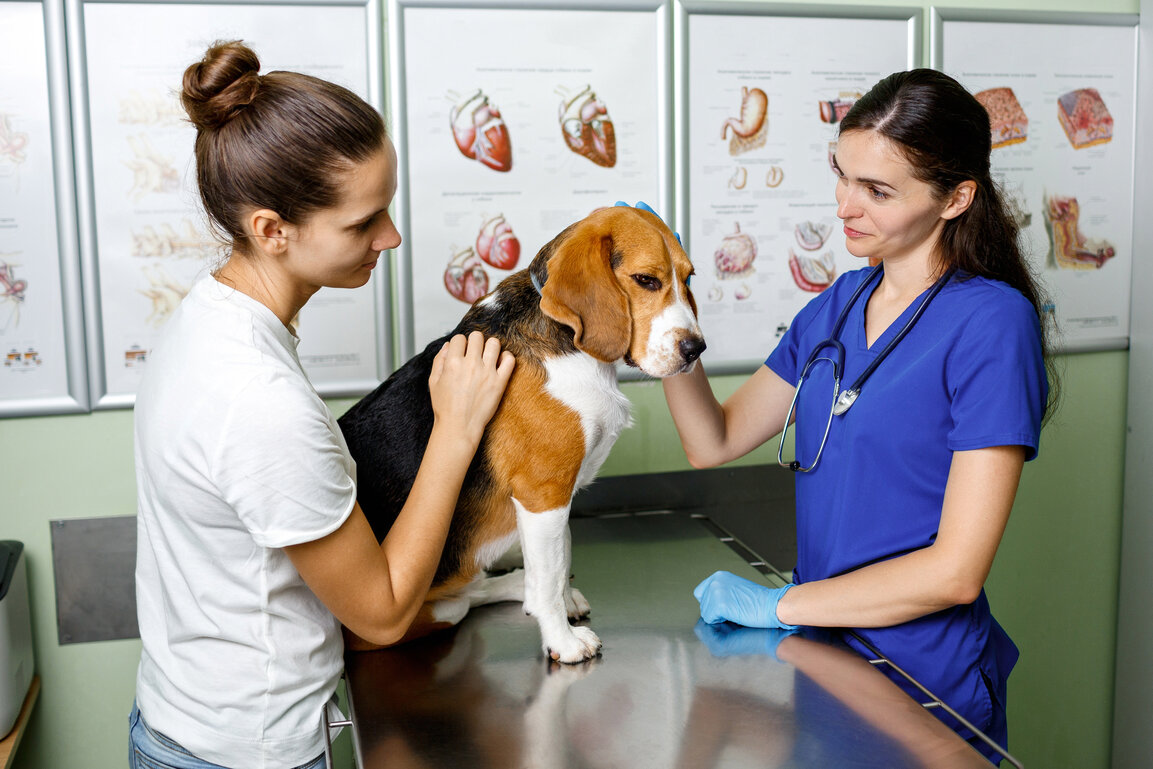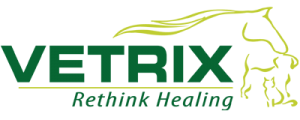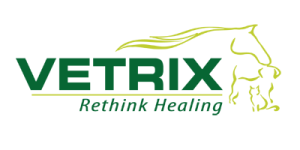How Regenerative Medicine Can Help with Gastrointestinal Problems and Surgery

An upset stomach is one of the most common symptoms vets see their clients about. Pets chew on things they shouldn’t chew on and swallow something they shouldn’t eat. They get sick and suffer gastrointestinal issues just like their owners do. While some foreign objects are small enough to pass on their own, and some illnesses are short-lived, unfortunately, that isn’t always the case. Gastrointestinal problems have many causes ranging from mild to severe health conditions.
It’s important to note here that if you’re a pet parent who’s found this article because your pet is exhibiting gastrointestinal problems like the ones you see on the list below, please call your vet to let them know what’s going on and assess if you need to bring your pet in for an exam:
Symptoms of gastrointestinal problems and other digestive issues:
- Vomiting
- Diarrhea
- Loss of appetite
- Lethargy
- Constipation
- Increased gas
- Abdominal pain/swelling
- Bloating
- Excessive drooling
When in doubt, it’s always best to call your vet or seek emergency veterinary care after hours when your pet looks pretty sick. Sometimes it’s surprisingly difficult to determine how severe a gastrointestinal problem is, and some conditions can be life-threatening. When a client presents with gastrointestinal symptoms, it’s a vet’s job to investigate them to deliver a diagnosis and treatment.
How Regenerative Medicine Can Help with Gastrointestinal Problems and Surgery
During determining what’s causing an animal’s gastrointestinal problems, a veterinarian will work to understand the client’s medical history, perform a medical exam, and order some diagnostic tests based on what they suspect is the most likely culprit of the symptoms. Once the vet has determined an underlying cause, a treatment plan is implemented. Treatment is variable depending on what’s causing the problem, but some cases, like a pet with a mass, hernia, or intestinal blockage, will likely require gastrointestinal surgery.
Veterinarians who conclude that gastrointestinal surgery is necessary for the animal’s well-being in their care want to ensure that their patient heals properly, with resistance to infection and no enhanced inflammatory response. This is where Vetrix BioSIS ECM Technology can help. BioSIS ECM provides a natural scaffold that works with and encourages a patient’s natural healing process. Our technology is an acellular biomaterial that doesn’t encapsulate when surgically implanted, and it is gradually remodeled, leaving behind organized and healthy tissue. This is excellent news for gastrointestinal surgical patients, as BioSIS allows no foreign material to be left behind once healing is complete. But don’t just take our word for it. Dr. Lois Lassiter, DVM at Budget Vet, shared a story from 2019 using Vetrix BioSIS in a complicated resection and anastomosis (RNA) procedure. Without Vetrix technology in this gastrointestinal surgery, the dog would’ve been euthanized.
At Vetrix, we take pride in partnering with veterinarians who are just as passionate about using regenerative medicine to provide the best possible care to patients as we are. Click here to learn more about BioSIS. Contact us if you have questions about how our regenerative medical technology can help you with your gastrointestinal surgeries and other procedures and care. Click here to ask a question.

